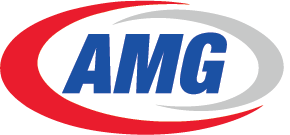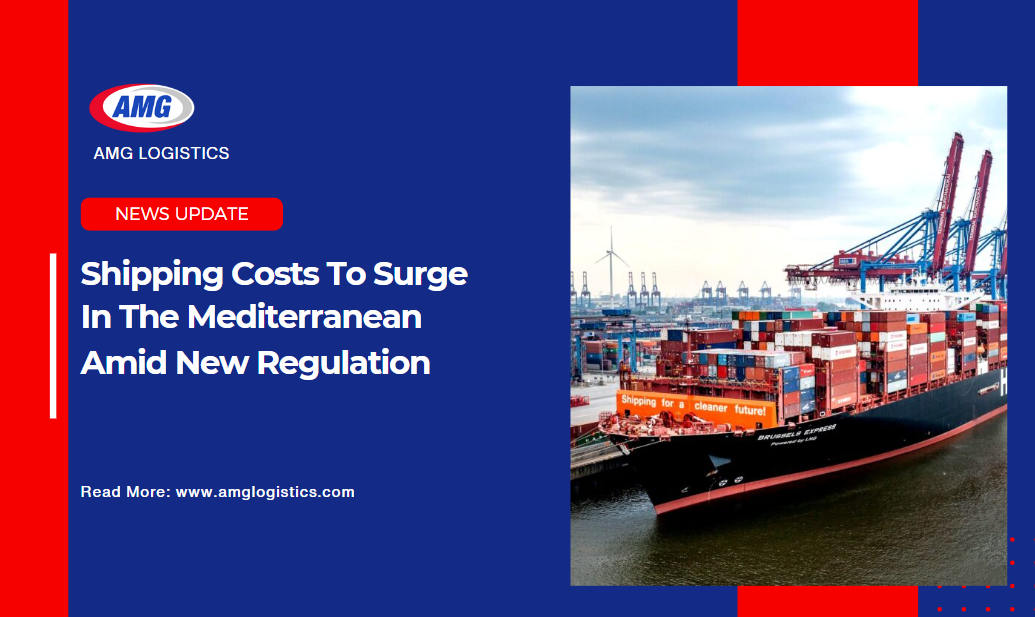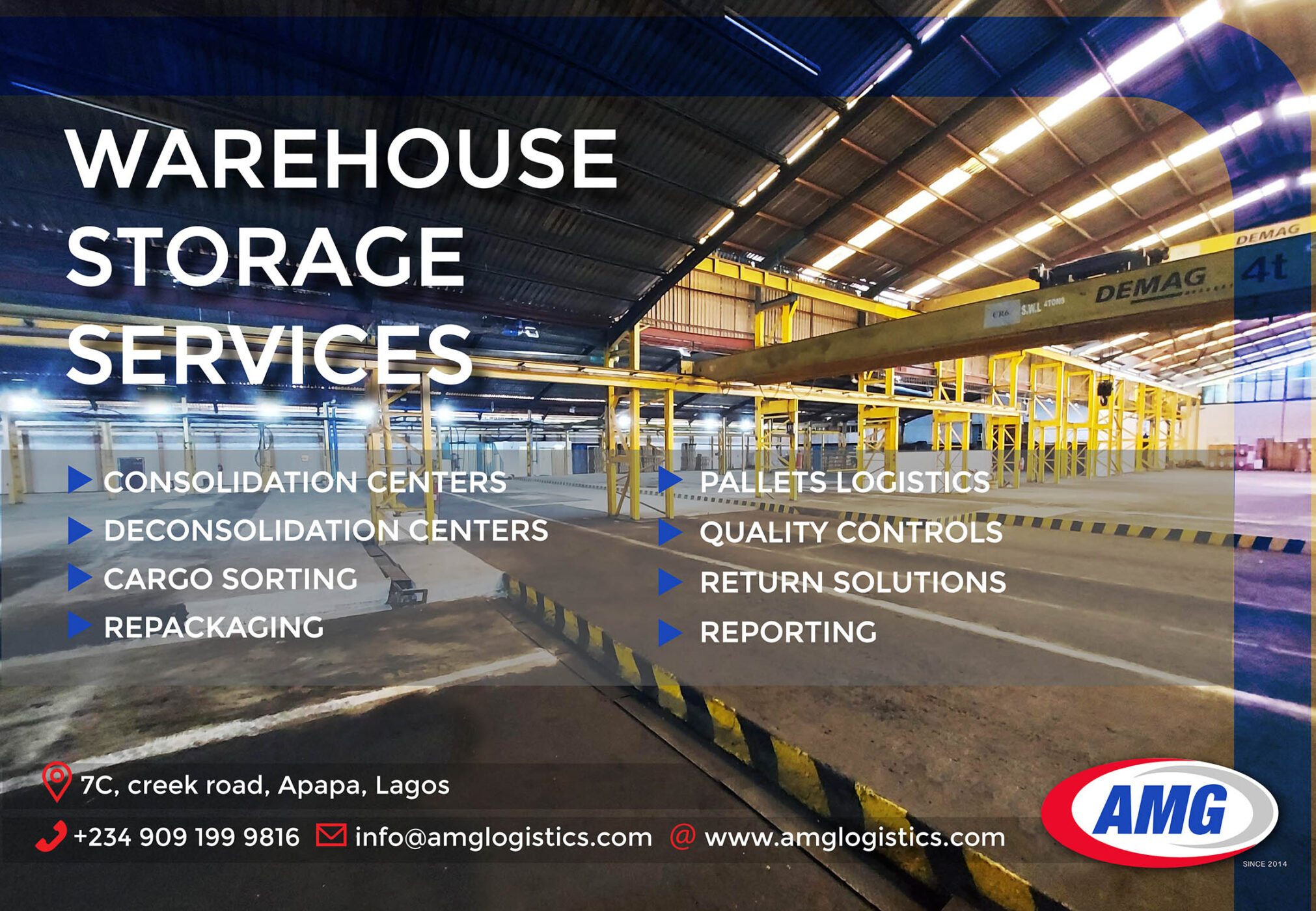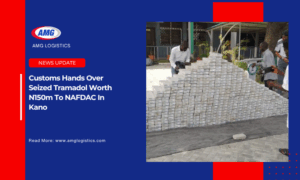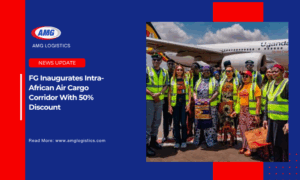Kpler analysts are forecasting a rise in shipping costs across the Mediterranean as new emissions regulations come into force. The upcoming Mediterranean Emission Control Area (ECA), set to take effect on 1 May, 2025, combined with the introduction of the FuelEU regulations, is expected to push fuel prices higher, resulting in increased freight rates throughout the region. As the shipping industry braces for these converging regulations, vessels may turn to alternative fuels, but the transition is likely to come at a cost, further driving up operational expenses for shippers.
Last year, it was announced that the Mediterranean Sea will become an Emission Control Area (ECA) starting on 1 May, 2025. This means the sulphur content of fuel used on board ships must not exceed 0.1%, a significant reduction from the previous limit of 0.5%. The only exception is for ships equipped with scrubbers – exhaust gas cleaning systems (EGCS) – which ensure an equivalent reduction in sulphur oxide (SOx) emissions. Other regions, such as the Baltic Sea, North Sea, North American waters, and the U.S. Caribbean Sea, are already designated as ECAs.
While previous regulations, like IMO 2020, saw a smoother adaptation than initially feared, this new market for lower-sulphur bunker fuels could still create challenges, as vessels will need to secure compliant fuel supplies, such as 0.15% MGO and USLFO, with existing demand from other regions.
Jean-Christophe Monfort, Senior Product Manager – Emissions at Kpler, says shipowners will be seeking alternative fuels to avoid fines:“The timing of the Mediterranean ECA also coincides with the upcoming FuelEU regulations starting on January 1, 2025, which may trigger shipowners to consider alternative fuels like LNG or biofuels to avoid penalties. This regulatory convergence could lead some fleet owners to prioritise these cleaner fuels for Mediterranean routes, potentially reducing reliance on scrubbers as the default compliance method. But with bunker fuel costs for alternative fuels higher than regular HFO or VLSFO, trading in the region will still face increased costs.”
Kpler Freight Analyst Matt Wright adds that the combination of the Mediterranean ECA and EU regulations means costs for shippers will likely increase and be passed on to the charterer, raising freight rates across Europe and the Mediterranean.
“For short-haul voyages taking place entirely within the ECA or EU, alternative fuel vessels will become increasingly popular, while scrubber-fitted ships will be favoured for longer voyages”, Wright said.
